Last week, Strasbourg hosted this year's last session of the Parliamentary Assembly of the Council of Europe. It was extremely important to Ukraine as the Ukrainian president visited the PACE, the Ukrainian law on education was considered during a debate, and a resolution was adopted following the discussion. In addition to the Ukrainian aspect, the October session has become the most powerful attempt in recent years to create conditions for the return of the Russian delegation to the PACE. In an exclusive interview with Ukrinform, Ukraine's Permanent Representative to the Council of Europe Dmytro Kuleba spoke about the results of the session week, the intricacies of a modern diplomatic war, behind-the-scenes life at the PACE, and the achievements of Ukrainian diplomats.
Q: Mr. Ambassador, how do you assess the events of the session week? What prospects do they have for Ukraine's future?
A: As for the visit of the Ukrainian president, it was made, as they say, in the right place and at the right time. Since 2014, there is a "tradition" in the Council of Europe - at the end of each year Russian "lawyers" are more active and are trying to create conditions for the return of the Russian Federation to the Parliamentary Assembly of the Council of Europe. According to PACE rules of procedure, the return is possible only in January. That is, if you powers are not approved in January, then you are absent for the whole year. That is why the October session is always the most dramatic one as everyone is trying to rebuild everything for the Russians, so that they can return in January.
This year, the attack of Russian "lawyers" was the most powerful one: supporters and lobbyists of Russia, who had previously been hiding in the sidelines, began to work directly. The whole session was designed so as to create a pro-Russian discourse. That is, we did not have to criticize Russia as usual, but to talk about the need for friendship and love. It was for this purpose that Czech President Milos Zeman was invited to the session, which, in principle, is a non-standard step in diplomatic practice, because the Czech Republic currently holds the presidency of the Committee of Ministers of the Council of Europe (the CoE body, which includes foreign ministers of all member states or their permanent diplomatic representatives). The Czech foreign minister, in accordance with the rules of the Council of Europe, at each PACE session speaks on behalf of his country, and here they also bring the president of the country. This was done with one purpose: so that he (Zeman), as a well-known Russophile and Putinophile, called for friendship and dialogue with the Russian Federation. And he brilliantly performed the role given to him: he dedicated all of his speech to Russia, the need for friendship with Putin. It was on October 10. And our president made his visit on October 11. On our part, it was a kind of counterattack, the use of heavy "weapons," which helped to break this pro-Russian pressure and eliminate it. It is very good that the president found time for this visit.
Q: What was the reaction to the Ukrainian president's speech at PACE? Were the events you talk about accompanied with behind-the-scenes intrigues from pro-Russian lobbyists?
A: The president had a strong speech, answered questions, met with Secretary General of the Council of Europe Thorbjorn Jagland. All issues were discussed, and the position was clarified. And on Wednesday afternoon, the assembly adopted the so-called report by Nicoletti, through which Ukraine was shocked and hysterical that we lost and that the Russians will return to the PACE. But, in fact, this report was an attempt to create a pro-Russian discourse. It envisaged one important practical step: the creation of a working group consisting of representatives of the Committee of Ministers of the Council of Europe and PACE representatives, who, in essence, will begin to seek ways to change the rules of procedure of the Council of Europe in a way that guarantees the return of Russians in January 2018.
Imagine that during the preparation of the session the approval of this report was set for Wednesday (October 11), and for Thursday they scheduled a meeting of the Joint Committee of the PACE and the CMCE where the states should start implementing this report. That is, the document has not been approved yet, but they are already convening all of us quickly to engage in its implementation. It was all an exclusively pro-Russian scenario. The report was approved, and a meeting of the joint committee took place on Thursday, during which, amid a visit by President Poroshenko, Ukraine, together with its partners, blocked the creation of a working group. The scenario failed, we won back this situation - there is a report, but the main goal (the creation of a working group) of Russian "lawyers" was not achieved. For us, the session, in terms of countering the Russians, ended positively. Diplomatic battles were the hardest. I do not remember that since 2003, when I started diplomatic work. In October, November, December and January, they (Russians) will still try to use bypass ways to get these changes approved, and such a probability exists, therefore we do not relax and continue to struggle.
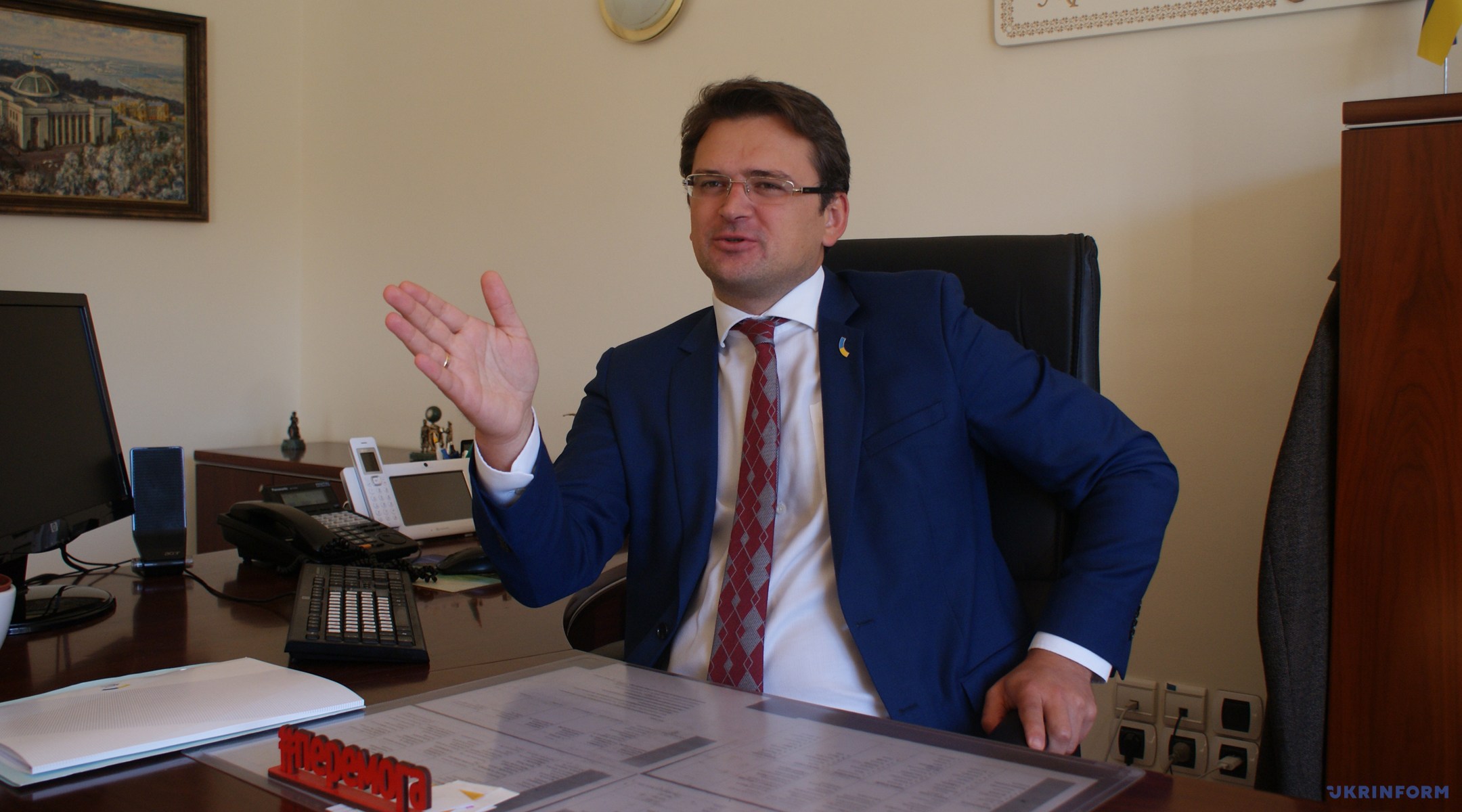
Q: The question of the new Ukrainian law on education was raised emotionally in the session hall for several days. The position declared by the Ukrainian side is the openness to dialogue and waiting for the conclusions of the Venice Commission. How do you assess the consideration of this law by the PACE?
A: I acknowledge that this discussion on Ukraine's law on education became a spoon of tar in a barrel of honey. Our Hungarian and Romanian partners at the PACE really managed to create an atmosphere of non-acceptance of the law. The real situation occurred when PACE members and diplomats also did not know the essence of the law, but, looking at the reaction of Hungarians and Romanians, they decided to support them. The visit by Ukrainian Education and Science Minister Lilia Hrynevych was very important in terms of explanation. During the week preceding the PACE session she met with the secretary general of the Council of Europe and experts. But the uproar created by Hungarians and Romanians darkened the effect of this visit.
As for the adopted resolution, there are two things in it. One is essentially important to Ukraine, and the other is fundamentally important to the Hungarians. The resolution says that the state language needs to be spoken. This is unacceptable when the national minorities do not speak the state language. This is a "plus" for Ukraine. And a "plus" for the Hungarians is that they managed to get the provision in which the assembly calls on Ukraine to comply with all recommendations of the Venice Commission that will be issued in December this year.
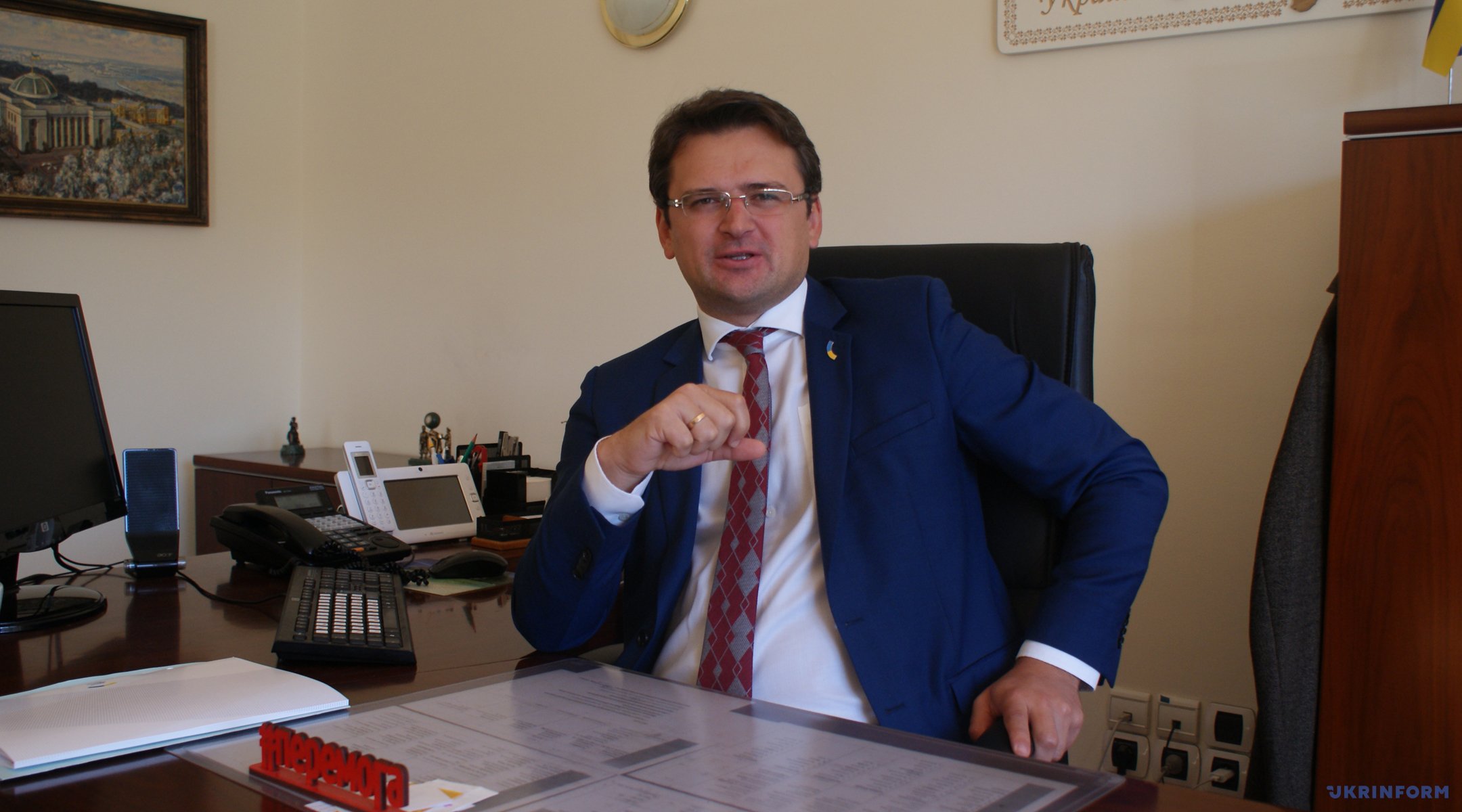
Now everyone moves to the Venice Commission. Personally, I believe that adopting such a resolution is a pressure on the Venice Commission, because the PACE, in fact, demonstrates its position. Although it is difficult to influence the Venice Commission in this way, but it is obvious that experts will take into account the context in which this process takes place. Our position is very simple – no one, be it Ukraine, Hungary, the PACE, the EU, or the Russian Federation, should exert pressure on the Venice Commission. This is an authoritative body, so it should be allowed to understand what the Ukrainian law on education envisages.
Q: Why did the Hungarian and Romanian delegations take such an irreconcilable position? Should Russia's interest in weakening Ukraine's position at the Council of Europe and the PACE be considered in the criticism of the education law?
A: As for the explanation of the law and the presentation of its content at the PACE, criticism was leveled against the Foreign Ministry. In this vein we should realize one thing - Hungary is not satisfied with any state of the learning of the Hungarian language, except the one we have now. No matter how much we increase the study of the Ukrainian language, they will not be satisfied. They want everything to remain as it is. This is their principled position. The aggressive position that they took was aimed precisely at this. Consultations with the Hungarians were held, and the Hungarian ambassador in Kyiv acknowledged it. But here it is not essential to conduct or not conduct consultations, as they will not retreat from their position.
As for the Russian influence, I would not now exacerbate some issues of interaction between Russia and Hungary, because the Hungarians have a historically uncompromising position on this issue. Romania and Slovakia also have problems with Hungary due to education, the Hungarian minority in the country. That is, such crises, as we have now, were faced by our neighbors before. This is part of Hungary's domestic policy. Therefore, this level of escalation with Hungary was inevitable in any scenario.
As for Romania, there is a fundamental difference. Hungary is ready to act as a "bulldozer" in terms of minorities, regardless of bilateral relations and the EU. At the same time, Romania also protects the interests of its minority, but this is done through dialogue, through the search for mutually acceptable solutions. For our part, we are open to dialogue and look forward to the conclusions of the Venice Commission.
Q: What are relations between Ukraine and the Council of Europe in general? What is their attitude to us?
A: Regarding the attitude, one could say that everything is fine if there were no situation around the law on education and questions about it. We ratified two key protocols to the Convention on Human Rights No. 15 and No. 16. We have a Council of Europe action plan for Ukraine, within which the Council of Europe is helping us with reforms. The Council of Europe helped us restart the Supreme Court and helps us in general to implement the judicial reform, which, by the way, is being evaluated positively. In general, as long as the Russians did not say this summer that they would not pay to the budget, everything was on a positive track, but then the situation changed.
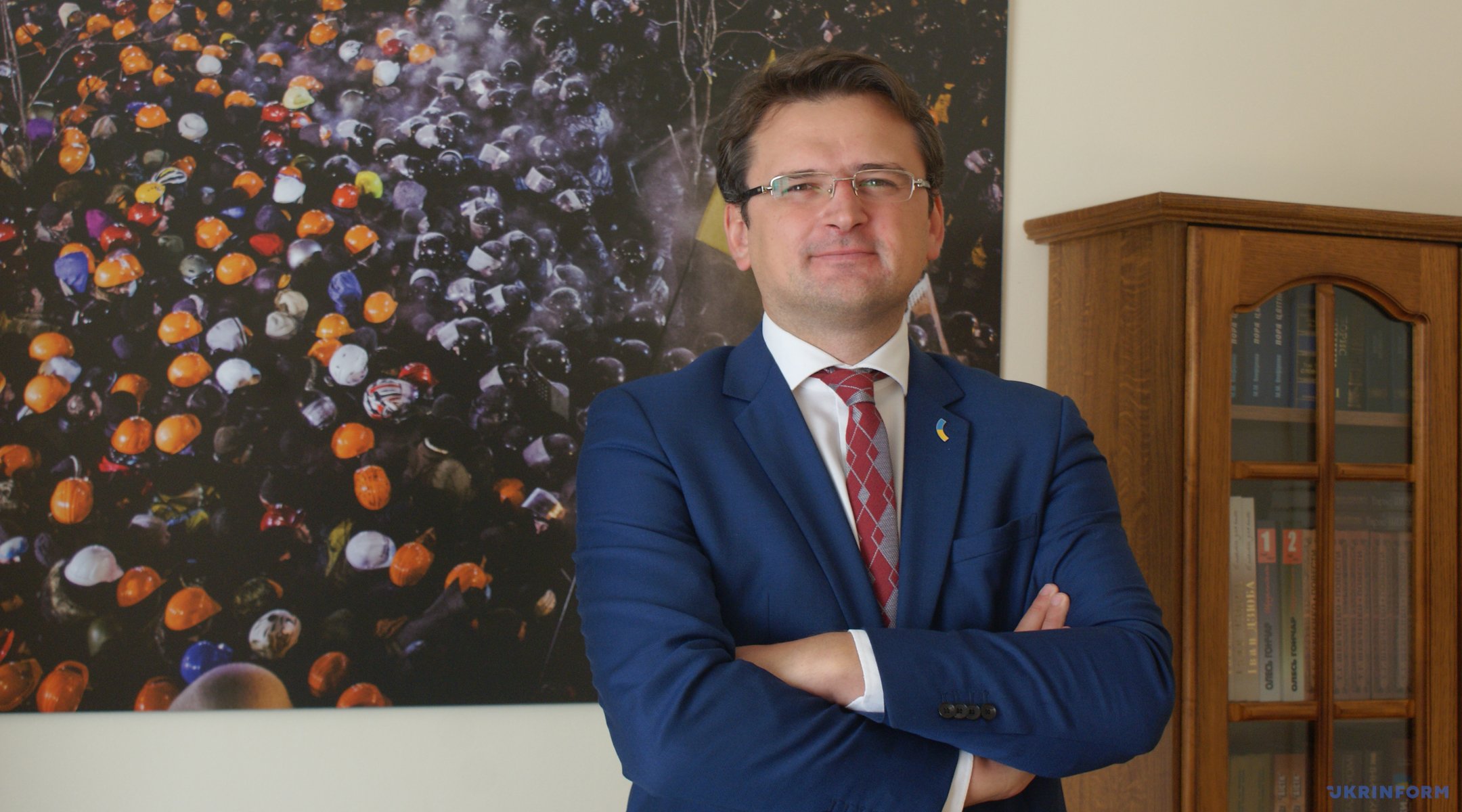
Q: PACE deputies who are "friends of Ukraine" said on the sidelines of the session that Russia had managed to strengthen its influence on the organization, in particular, by sending its people to posts in various bodies of the Council of Europe, in particular, in the Secretariat. How do you see such statements, and how effective can the influence of such "agents" be?
A: Diplomacy is a process in which you secure the interests of your country in various ways, and one of these ways is to seat your own people through the secretariats of international organizations. Does Russia have strong agents at the Secretariat of the Council of Europe? Yes, it does. Do they open the doors of offices of important people at the Secretariat of the Council of Europe? Yes, they do. That is, Russia's influence within the CoE at the level of the Secretariat, where documents and processes are being prepared, is rather serious. But the PACE is a political body, and influence at the Secretariat is not enough to push forward the necessary decisions. For example, on Thursday (October 12), an hour or two before a meeting of the Joint Committee, we learned that there were draft final conclusions of the meeting prepared by the Secretariat, with full support for the initiative of the secretary general and the report by Nicoletti, and full support for the creation of the working group. Then we come to the meeting of the Joint Committee, we break this scheme, and at the end the head proposes approving the conclusions: we do not create the working group, we continue the dialogue in existing formats. This time we managed to repulse this attempt, and next time we may succeed or may not succeed. This is a constant live game.
Q: You used to work at the OSCE before, so prior to your current appointment you had the experience of working in international structures. Times have changed, geopolitical realities have changed, and Ukraine's international position has changed. How do you work now?
A: The Council of Europe, compared with the OSCE, is positive, because here Russia has no right of veto. We can make decisions. In particular, this year we made an unprecedented decision on Crimea for the Council of Europe and for the Committee of Ministers. Such steps are not possible at the OSCE. Why do the Russians want to restart the Council of Europe? Because this is the only organization that they do not fully control. They have the right of veto at the UN Security Council, and they keep their positions at the UN General Assembly at the expense of alliances, although they miss blows from us. In the Council of Europe they do not have full control over the processes. They use an uncivilized way to have this control. They create crises so as to restart the entire organization.
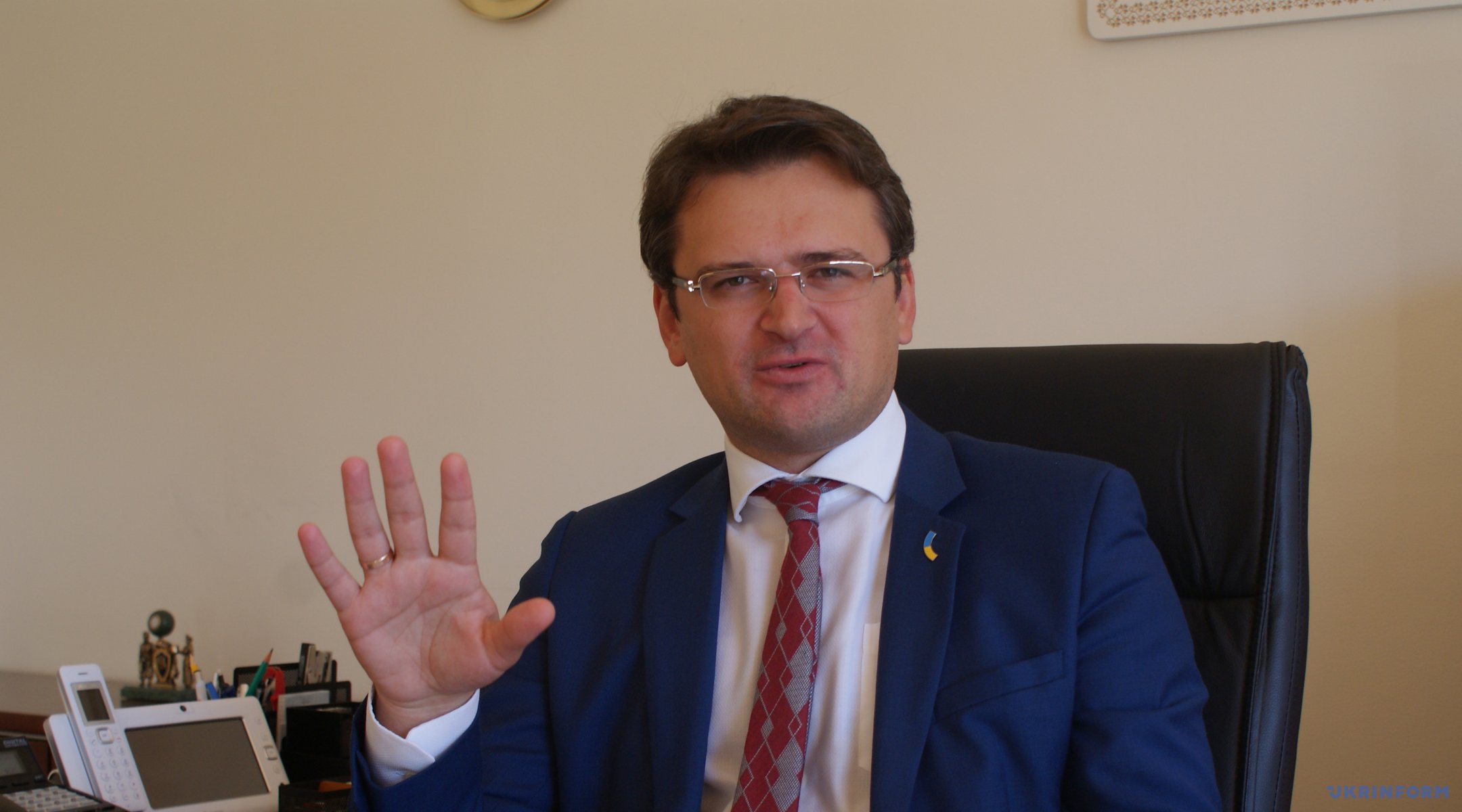
In the first six months after my arrival here, my fellow ambassadors criticized me so friendly, saying that I should be softer, diplomatic, but I replied that we have wartime diplomacy. I cannot be a classic diplomat, veiling and playing. Yes, there are questions where I can play half tones, but there are questions where our position should be clear. And what Russia is doing should also be understood clearly, and there should be no regret or sympathy for them. We also beat when we are beaten. We really have diplomacy of wartime, and society must be prepared for this.
Why does Russia want to hold a summit in 2019? For them it's a chance to completely restart the entire Council of Europe, so now they want to run it to the ground, so that there was an urgent problem to be solved at the summit.
Q: You have already stressed that Russia is creating a complementary crisis to improve its position in the organization. Is it easier for the Kremlin to achieve its goals in "muddy water"?
A: They have just created muddy water. The assembly is now feverish - in the literal sense of the word. They really hoped that the bigger the fever, the more chances they would have. But even in this fever and "muddy water," we can still oppose them and we are opposing them. Ukraine has one significant advantage - we understand the Russians, the course of their thoughts. The Council of Europe now started threatening that Russia would leave the Council of Europe if we do not take them back to the PACE. And this influences and frightens those who do not know Russia well.
I'm saying that Russia will not quit the Council of Europe, but will attempt to impose its participation in the Council of Europe with such restrictions so as to protect itself completely. For example, they have a law that allows them not to comply with the judgments of the European Court of Human Rights. So there is no reason to leave the Council of Europe if they can stay and execute the decisions that do not cause any claims, and when they are "frightened" with the decision on Crimea, and this will inevitably happen, then they will make their decision and will not fulfill it. What helps us is we have experience of a three-year war, and we know that there are no red lines for Russians. If they wish to seize hostages, they will seize hostages, if it's necessary to free those hostages, they will free them. Russian diplomacy is now ready to destroy everything in its own interests. If it's necessary to destroy the assembly, they will destroy it, and if it's necessary to discredit the whole Council of Europe, they will discredit it.
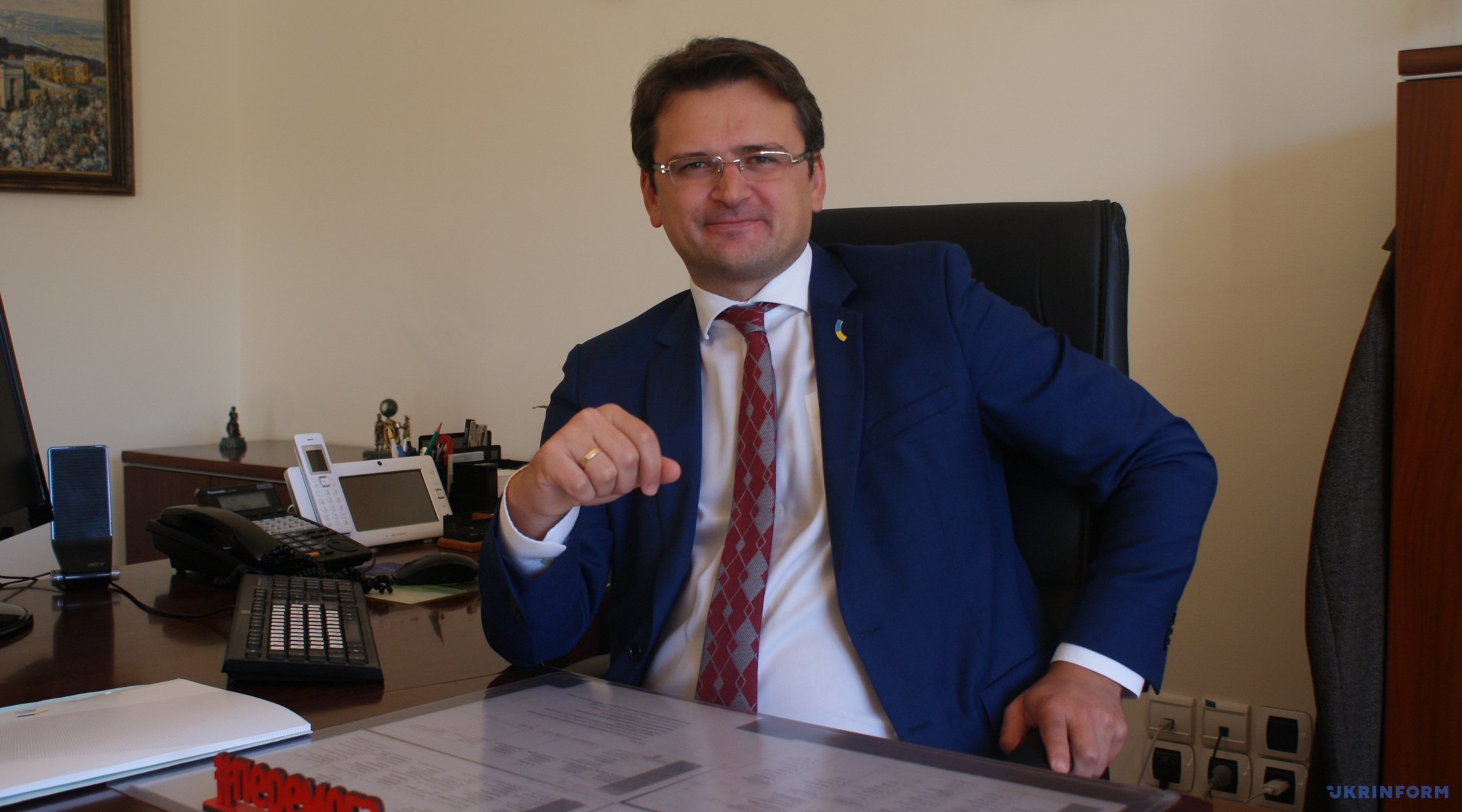
Q: How is the communication with Russian diplomats now?
A: Everything changed in 2014. My predecessor, Mykola Tochytsky, who currently serves as Ukraine's permanent representative to the EU, spoke about this turning point in the following way: prior to that you communicate with your Russian colleagues, meet them at receptions, there are contacts, and then it becomes simply impossible. Over one-and-a-half years of my work, I have not spoken in a group or one on one with the Russian ambassador. I have not shaken hands with him. Our communication takes place exclusively at meetings of the Committee of Ministers when I attack him, and he attacks me. None of the employees of the Ukrainian permanent mission has any contacts with representatives of the Russian permanent mission. We do not invite them to our events, and they do not invite us to theirs. This is a gap and the maximum that we allow ourselves. This is reciprocal diplomatic trolling.
Q: The PACE now has a new president. What is the position by Stella Kyriakides regarding the Ukrainian issue (since she had not previously spoken openly and had not voted 'for' or 'against')? Is this time (by the end of January 2018) enough to stay in office in order to express your position and influence the situation?
A: Stella Kyriakides has won just because she holds a neutral position. I cannot say that she is pro-Russian or pro-Ukrainian. This is a person who is demonstratively far from all matters. She stands for love, friendship, cooperation, and the fight against corruption. This is not Agramunt, who worked out a pro-Russian scenario. By the way, nobody believed that he would be dismissed. The only one who believed that and initiated this process is (First Deputy Chairman of the Verkhovna Rada of Ukraine) Iryna Gerashchenko. I remember when she said for the first time that Agramut should resign, but nobody believed. It was difficult, but he himself did everything for his resignation by his trip to Syria as part of a Russian delegation and a meeting with Assad.
Agramunt, of course, blames the Ukrainian delegation for his retirement. Yes, this was our principled position, but he himself facilitated the achievement of this goal. It was Agramunt's resignation as PACE president and the resignation of Jordi Xucla, who traveled with Agramunt to Syria, as rapporteur on Ukraine that showed that if you support the Russians, you should be prepared to pay for it. And this is not a matter of Ukraine's intransigence. This is a matter of disrespect for Europe itself and its values.
I tell my fellow ambassadors in the Council of Europe that Agramunt lost his post, because he left for Syria, betrayed our goals and ideals, and I ask them who brought him to Syria. He was brought by a Russian delegation headed by Leonid Slutsky. That is, Agramunt was expelled for his visit to Syria, but at the same time they are ready to shake hands with Leonid Slutsky as head of the Russian delegation to the PACE and invite him to the Council of Europe. It turns out that the Council of Europe says that it is irreconcilable in the issue on Crimea issue and will never recognize its annexation, but is ready to greet a person who demonstratively brings foreign politicians to Crimea and tells them that it was, is and will be Russian soil. Is there any logic here? The question remains open.
Olha Budnyk, Strasbourg.
